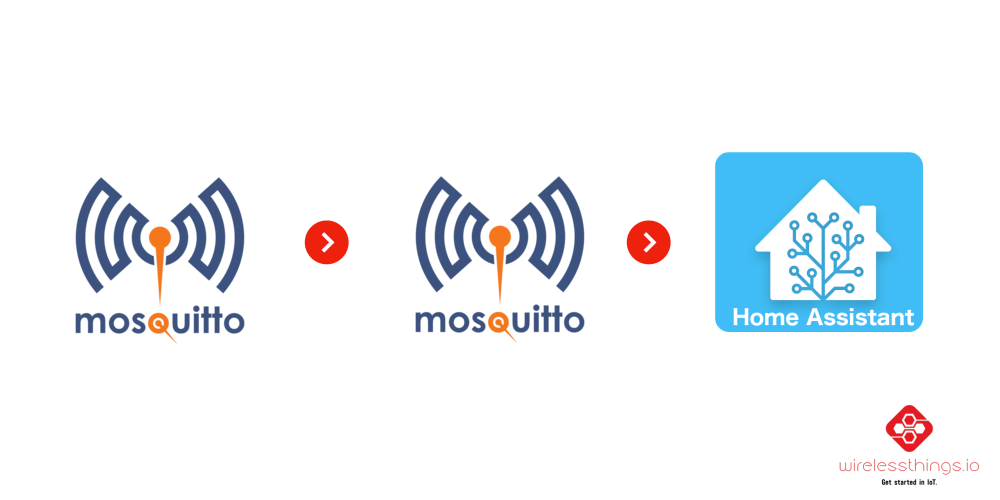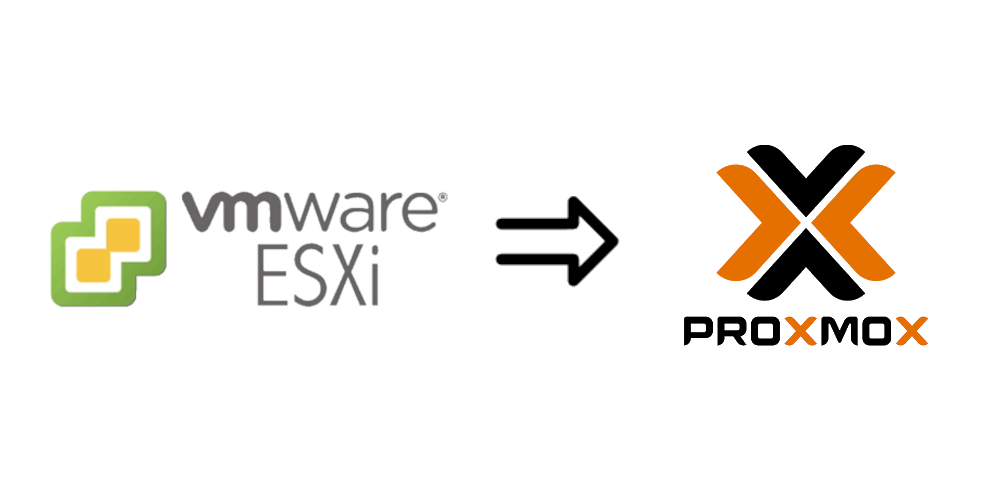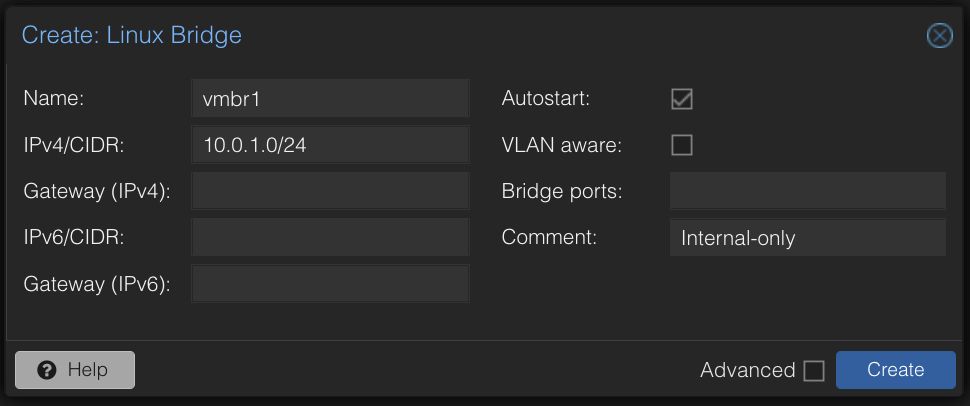This post should give beginners a rough overview over the storage concepts in a usual Proxmox installation. It will not go in depth on all possibilities and caveats. Storage By default, Proxmox uses LVM for its storage system. LVM is the Logical Volume Manager, which adds an additional logical abstraction layer between the hardware (theContinue reading “Proxmox Storage Basics”
Tag Archives: server
Setting up Home Assistant with two MQTT brokers (using MQTT bridge)
Home Assistant only supports subscribing to one MQTT broker. This is a problem, if you get sensor data from multiple different brokers and want to display them in your dashboards. So in this post, I will show you a solution on how to configure one of the brokers as an MQTT bridge. By doing this,Continue reading “Setting up Home Assistant with two MQTT brokers (using MQTT bridge)”
Migrating a simple server from VMware ESXi to Proxmox PVE
I just migrated a rather small server from VMware ESXi 7.0 to Proxmox 8.1.3 hypervisor. The server had two virtual Windows 10 machines. I document the steps here, in case it might be helpful to someone in the same situation. Step 1: Install a new, empty drive Insert a fresh SSD in the server andContinue reading “Migrating a simple server from VMware ESXi to Proxmox PVE”
Running piper and whisper for Home Assistant on Proxmox (LXC-based)
Piper and Whisper are Home Assistant add-ons needed for creating voice assistant pipelines. Piper is a local text-to-speech engine (TTS), and Whisper is a speech-to-text engine (STT). By using these, we can get rid of cloud services such as Google or OpenAI. If you have installed Home Assistant on Proxmox using the LXC version, notContinue reading “Running piper and whisper for Home Assistant on Proxmox (LXC-based)”
Running Docker containers on Proxmox
Proxmox Virtual Environment is a great way of hosting virtualized resources (virtual machines and LXC containers). But setting up such an LXC container, and then running Docker, is not too easy for a beginner. In this post, I will list the steps to get it running. Basically, these are the main steps to take: SoContinue reading “Running Docker containers on Proxmox”
Proxmox: Configure a network bridge for internal networking
Usually, you want to cluster your Proxmox containers and VMs in subnets that are different from your real local area network, e.g. because some services should only be accessible inside of Proxmox. But after initial installation, Proxmox has one network bridge interface called “vmbr0”. It provides a virtual switch which connects all VMs and containersContinue reading “Proxmox: Configure a network bridge for internal networking”





